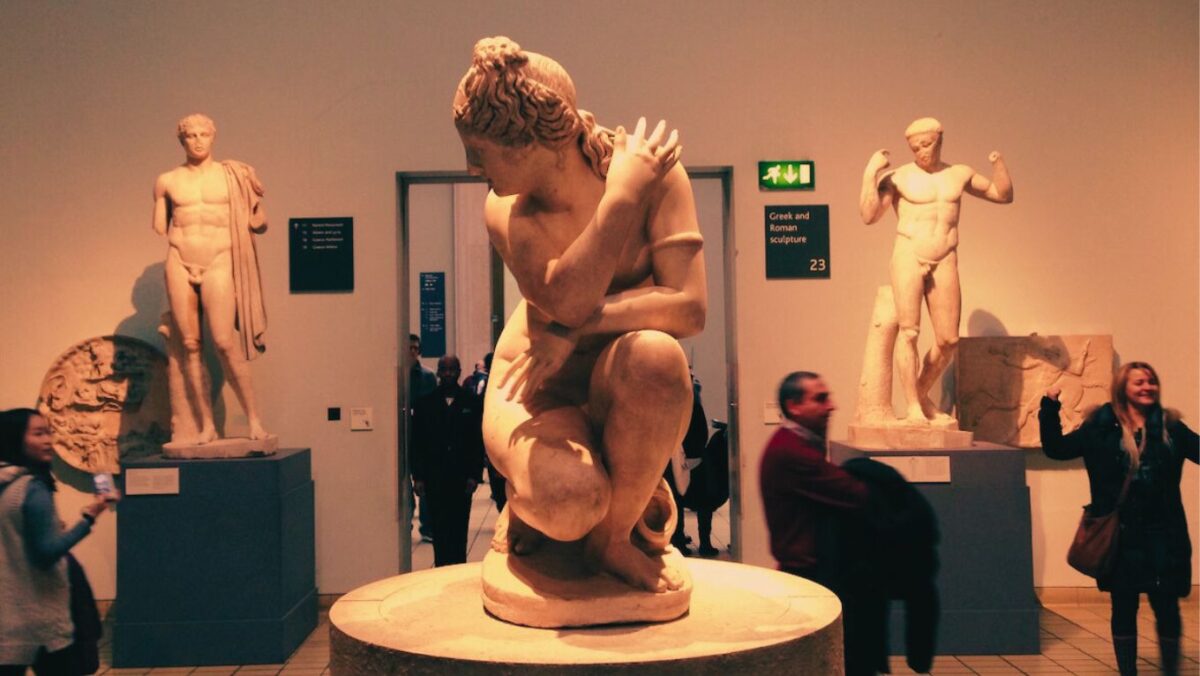Gayskool
-
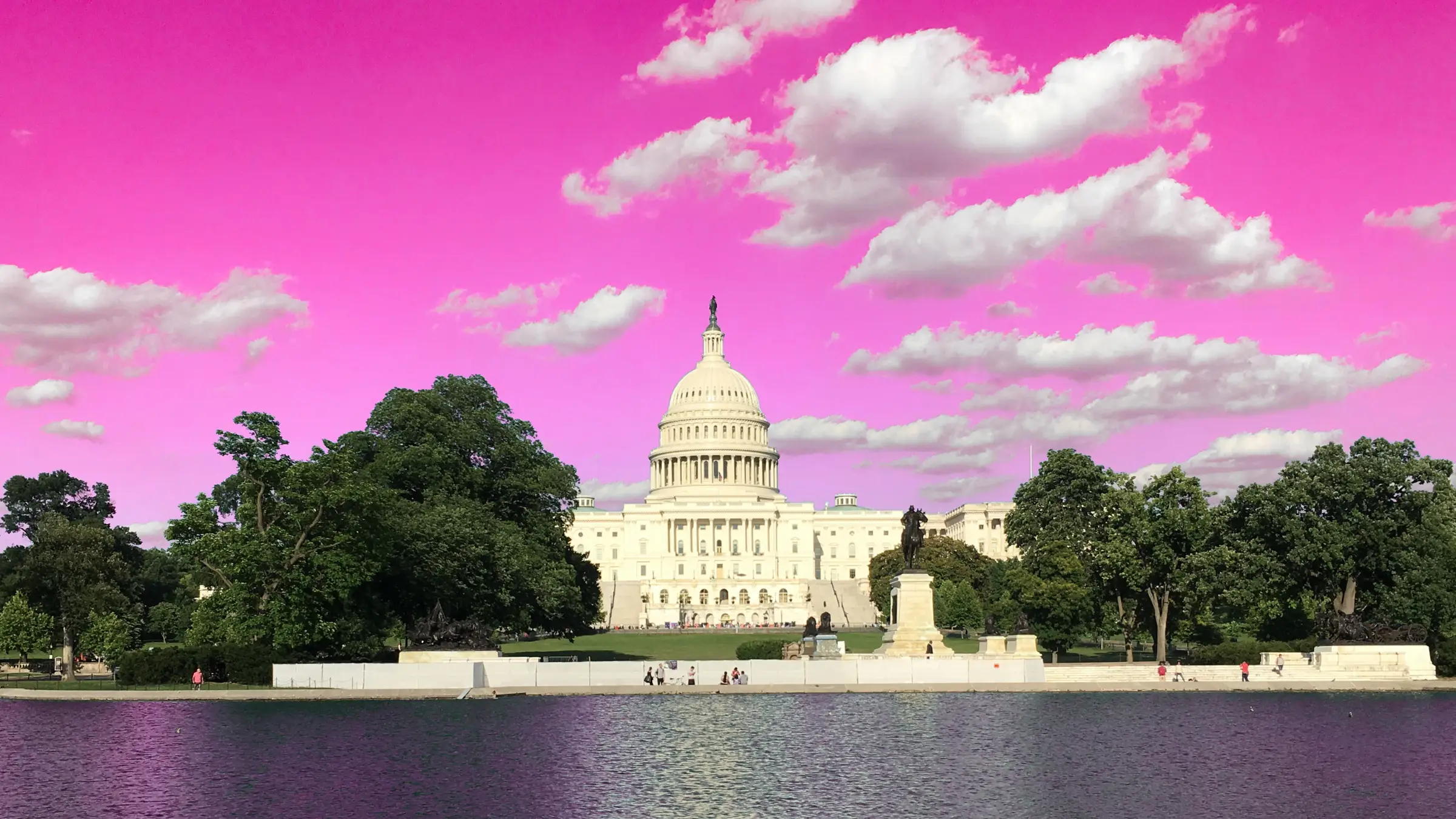
🏳️🌈 We Are The WorldPride
Will WorldPride in DC have a different vibe in 2025 than it did in NYC in 2019? The Complimentary Spouse and I are about to find out.
-
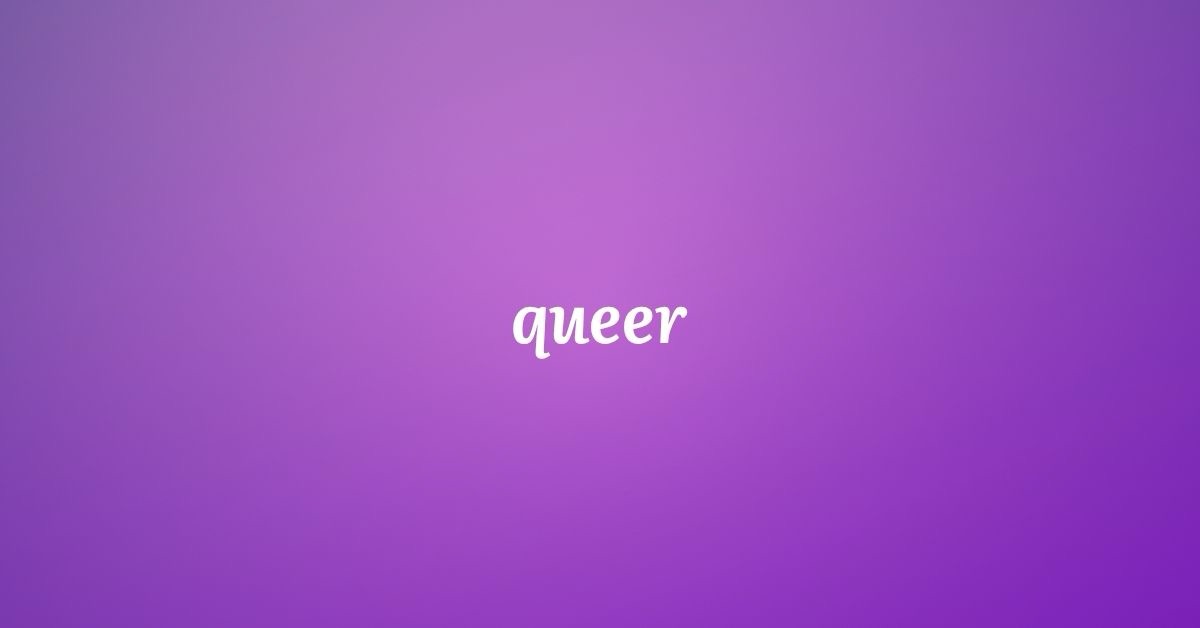
-

🏳️🌈 Don’t Give Up the Ship
“All men are created equal. Now matter how hard they try, they can never erase those words.” — Harvey Milk
-
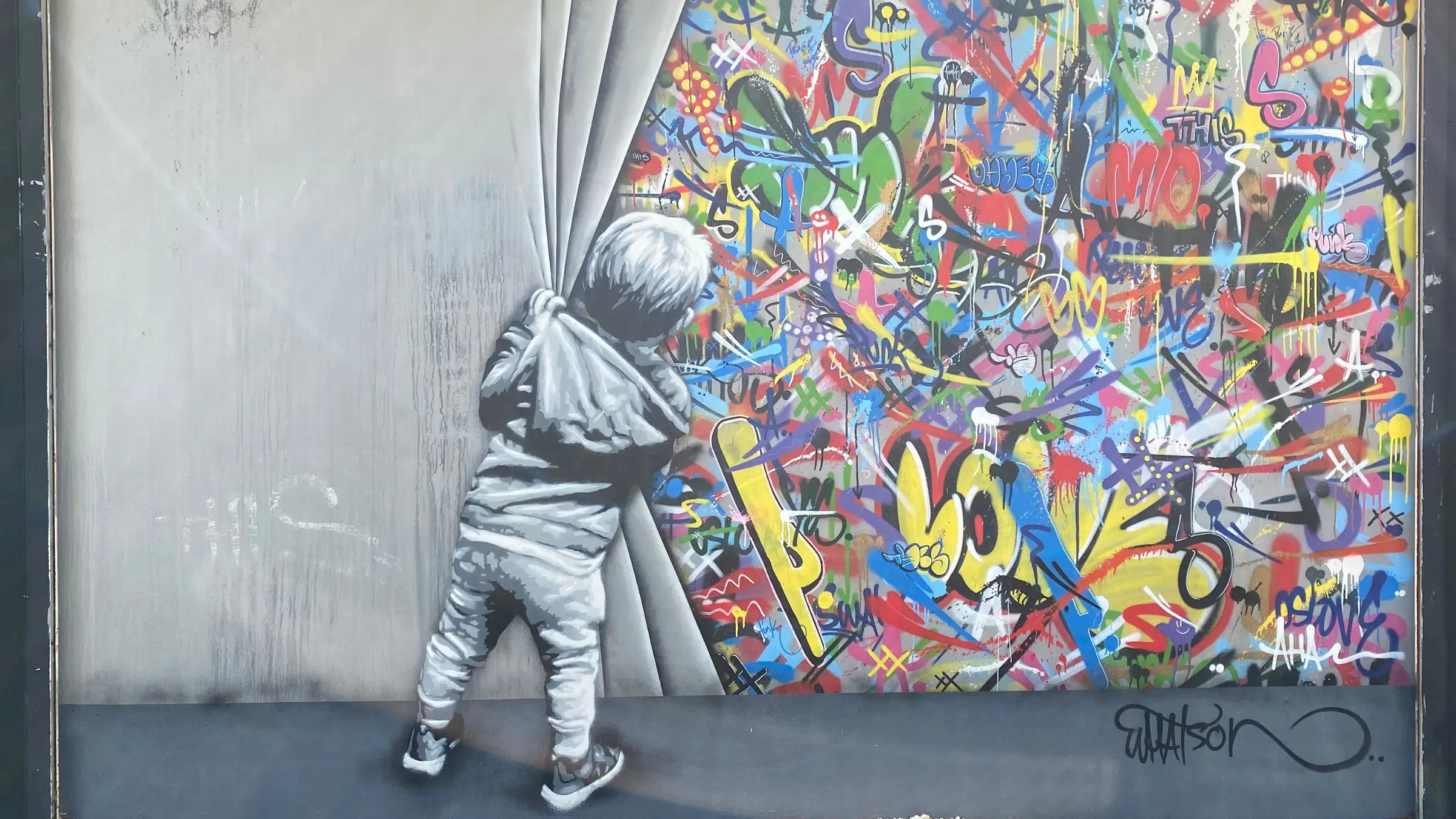
🏳️🌈 Elementary
Trans and non-binary kids are discussing gender at a young age—and teaching us a valuable lesson.
-
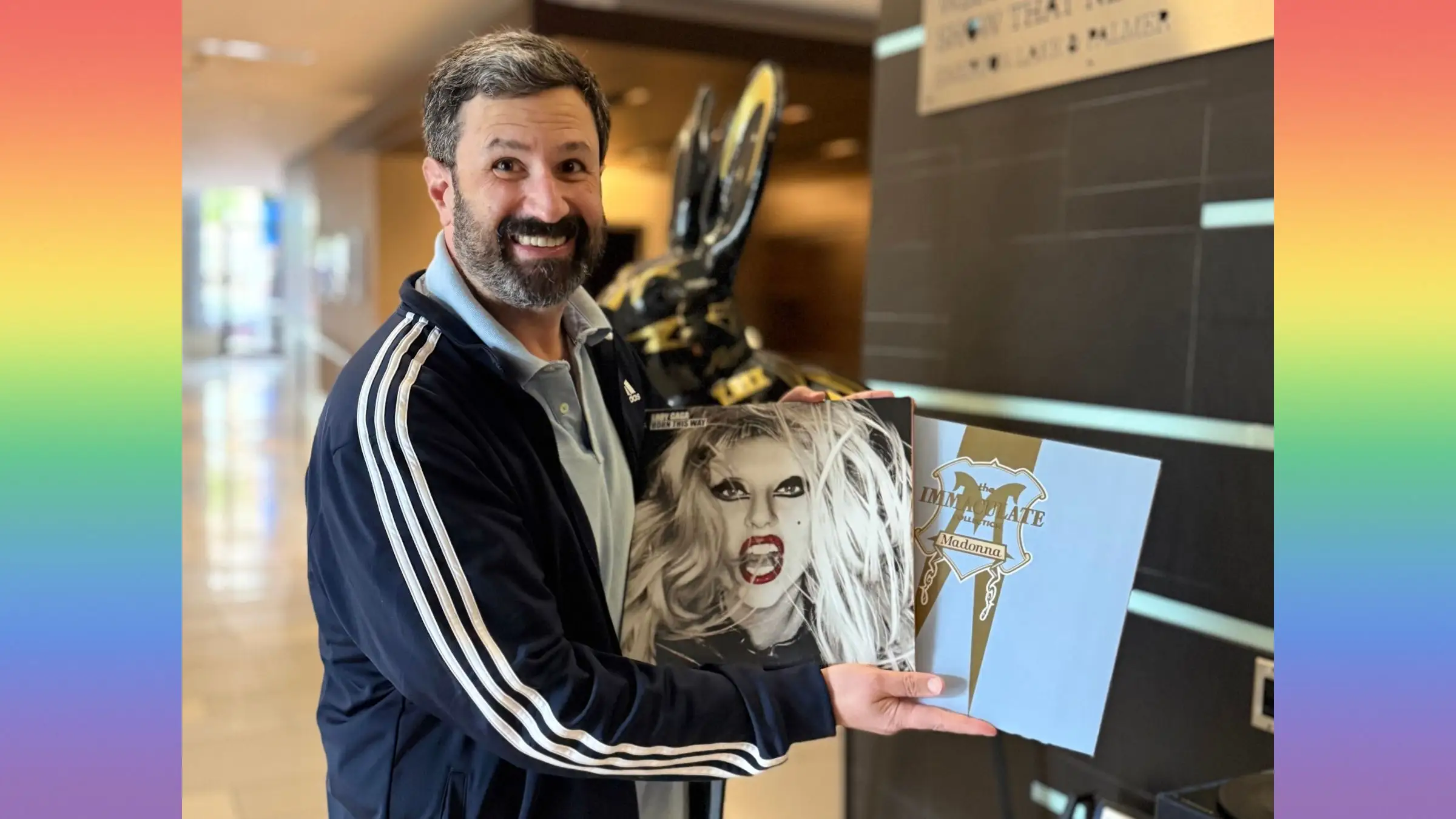
-
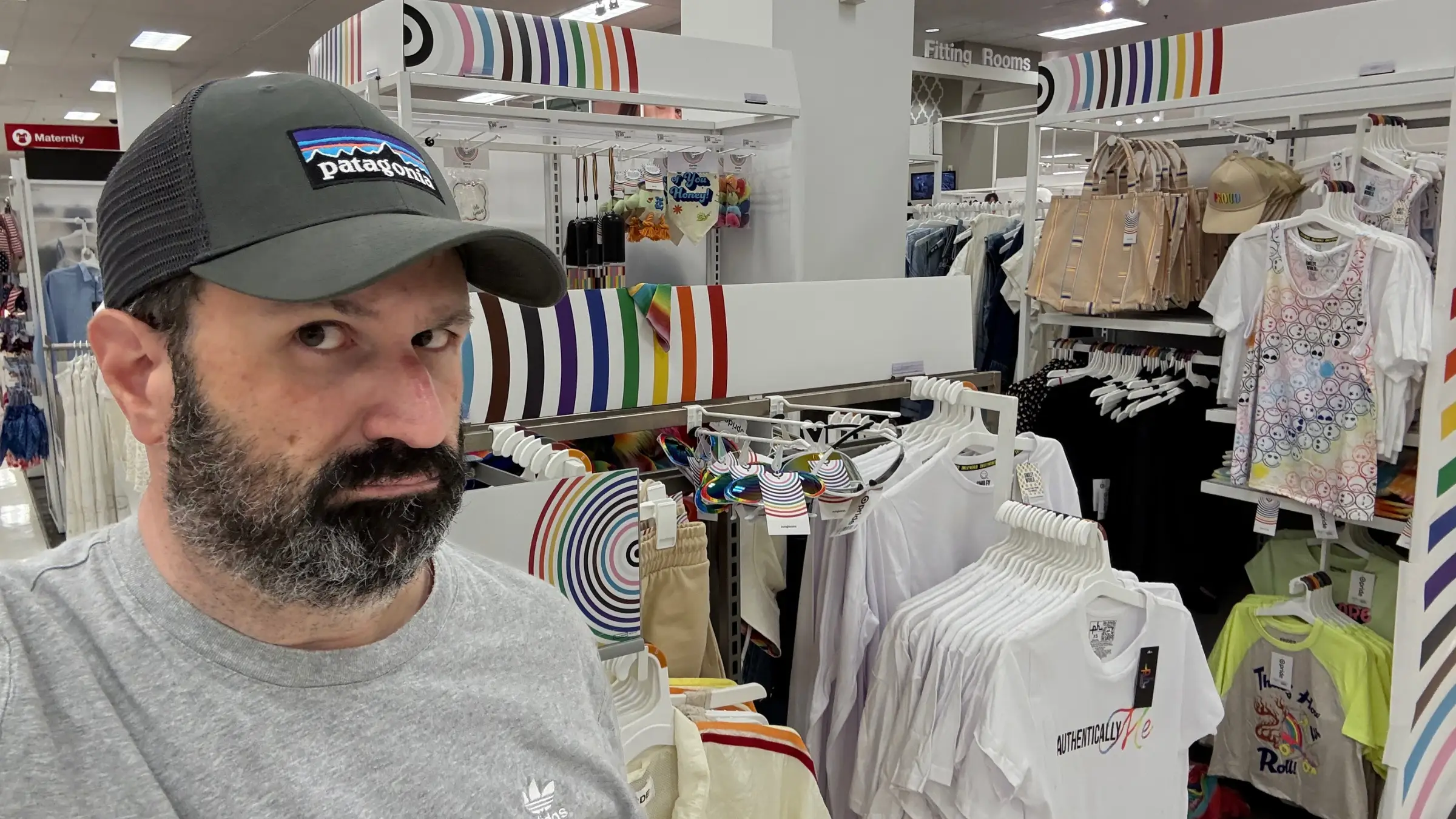
🏳️🌈 Pride 2025 at Target: Meanness Meets Mediocrity
When it comes to LGBTQ people, Target has gone from empathetic to apathetic to just flat-out pathetic. This collection proves it.
-
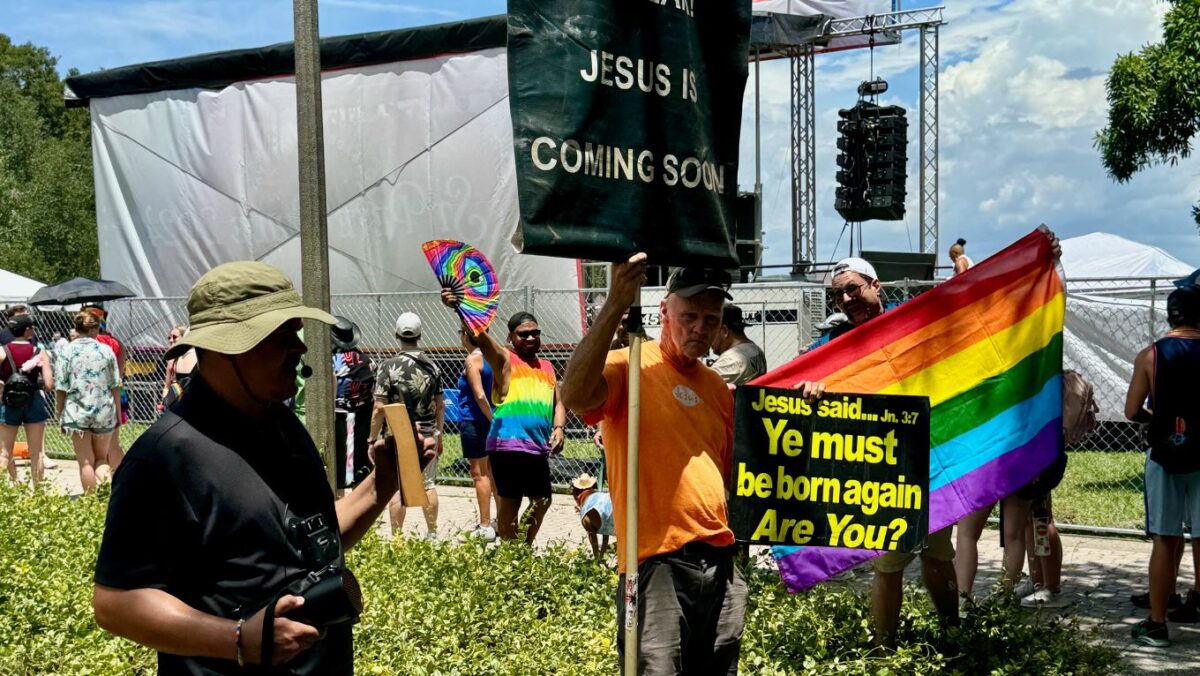
🏳️🌈 Confronting Hate With Speech and Silence
In hindsight, I should have waved my flag instead flapping my gums.
-
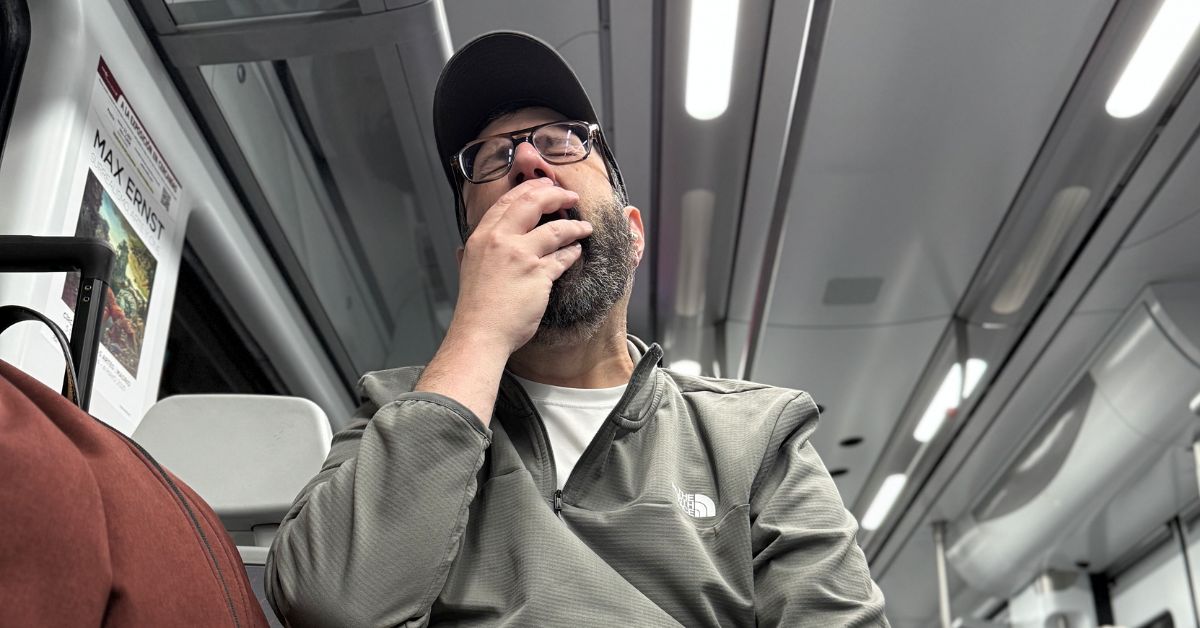
🏳️🌈 Obergefell Turns Nine. Yawn.
After a turbulent and mentally exhausting fight for marriage equality, victory feels, well, boring. That’s good.
-
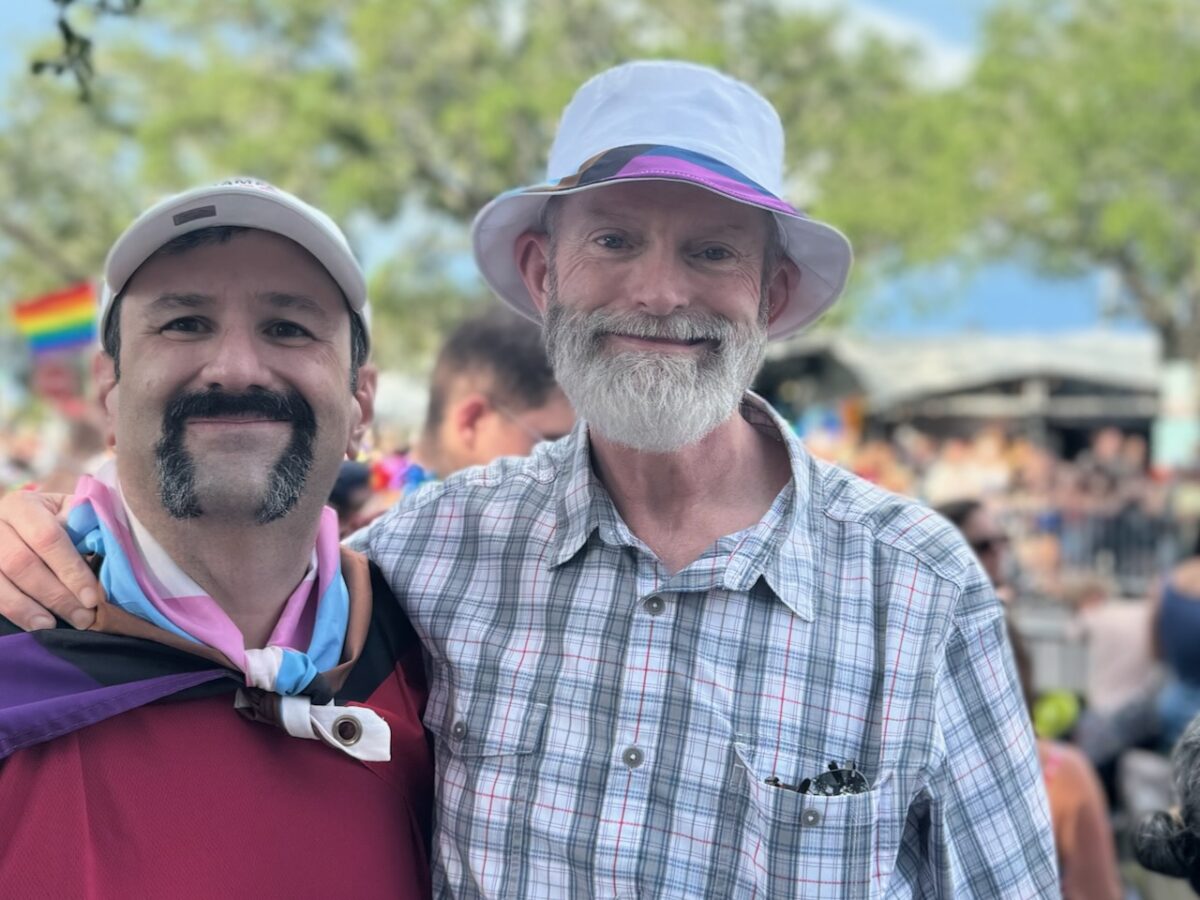
-
